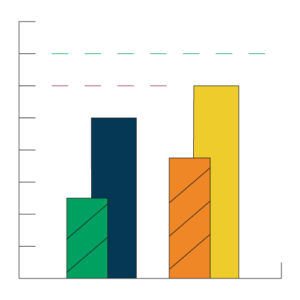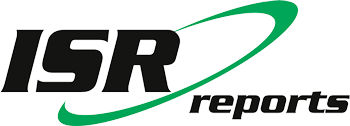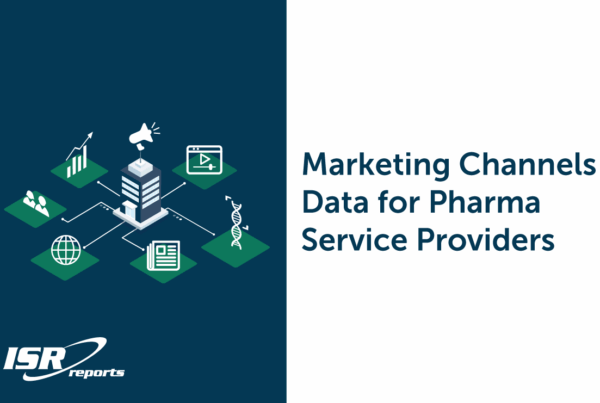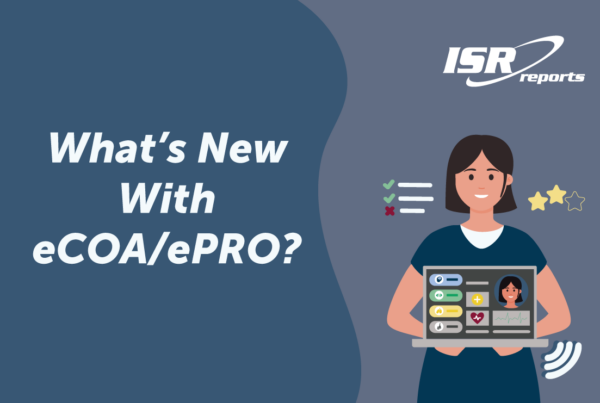Selecting a CMO or CRO is stressful, expensive, and time-consuming. The complexity of these supplier organizations makes them difficult to evaluate. Far too often, decision makers lack vital information to support selection decisions. But the consequences of selecting the wrong partner are too great to ignore. These relationships are often measured in years, not days, and in the tens or hundreds of millions of dollars. How can you strengthen your selection process?
Using independent, third-party information can help. Performance benchmarking, a market research tool, produces a report of suppliers’ performance based on surveys from real users. Much like Consumer Reports, this tool gives decision makers an easy way to compare suppliers’ strengths and weaknesses and also informs you of performance risks for individual suppliers.
In this article, I’ll offer three tips to strengthen your selection process with third-party performance benchmark data. Selecting a partner is challenging, but with the right information you can simplify your efforts and increase your likelihood of making the best decision.
Don’t ignore your wants.
A selection process should begin with defining needs and wants and then selecting for those criteria. What often happens, though, is wants are undervalued because it feels inappropriate to prioritize them in a business-to-business transaction.
Needs get a lot of attention because they are required to finish a project. But ensuring needs are met does not mean you have to ignore your wants when establishing selection criteria.
CMO Needs
- Reliable on-time delivery
- Strong Regulatory track record
- Required API or Dosage form capabilities
- Has capacity to meet our demands
- Ability to smoothly scale up manufacturing
CRO Needs
- Operational excellence
- Therapeutic expertise
- Strong data quality
- Low cost
- Sound patient recruitment strategy
Wants affect your experience with your partner throughout the life of the project. Wants make the project feel like it runs more smoothly. They vary by person. Therefore, buyers should take the time to identify their wants when selecting suppliers in order to improve their experiences throughout the study.
With performance benchmarking reports, wants are measurable factors and, therefore, can be used in a selection process.
Ignoring your wants affects your satisfaction with the project. Remember, your goal is not only to complete the project but to run a successful clinical trial or manufacturing engagement — and that certainly encompasses the factors that make it run smoothly for you.
CMO Wants
- Prior positive experience working with the service provider
- Complimentary core competencies
- Track record of meeting quality performance metrics
- Experience level of staff
- Metrics for meeting overall project timelines
CRO Wants
- Innovative solutions
- Up-front contingency planning
- Wide breadth of services
- Responsive
- Easy to work with
Don’t limit your outreach to your LinkedIn network.
Your colleagues are a good source of feedback on possible partners. But that alone is insufficient. We often place too much confidence in a limited amount of data gathered from our contacts. Limited data does not adequately inform us of risks.
To use an analogy, consider the information you gather when buying a car, a complex decision. There are many factors to consider. Facts can come from a number of sources, including friends, family, visits to car dealers, and manufacturers’ websites. But many car buyers seek independent benchmark data, such as Consumer Reports.
What makes performance benchmarking so valuable?
- It is third-party, independent data. Thus, it eliminates the bias of the car dealer or manufacturer — or the CMO or CRO that you are trying to evaluate.
- Benchmark data comes from a broader base of real users than you or I can access. A broader base of users increases confidence in the data, as problems are less likely to be overstated or missed. For a single pharma company to independently source sufficient feedback is time- and cost-prohibitive.
- The attributes in a benchmark report are thorough because they have been developed and updated over time and across many customers.
- It simplifies data gathering and evaluation processes.
- It opens your eyes to risks you otherwise would not know. You can then choose to avoid these risks or manage them via negotiation.

When evaluating CMO or CRO partners, you need broad access to real users who have done similar studies or contracted similar manufacturing engagements. The broader the input, the more confident you can be in the data, and the greater the risk-reduction benefit.
Don’t compare apples to yogurt.
Supplier performance data that can be directly compared is highly valuable but typically difficult to come by. What often happens in selection processes is suppliers are asked to report specific performance measures. This is problematic because suppliers do not usually measure what you ask for in the same way.
For example, you may ask suppliers to report on the number of nurses they employ in Hungary. Some suppliers track and report staff at the country level, while others track and report at the Eastern European level. Or you may ask for the turnover rate for clinical research associates (CRAs). Some suppliers may track and report at the CRA level, while others track and report at a more macro level, for example, “clinical staff.” Consequently, you are not able to compare suppliers directly.
Benchmark data enables you to directly compare suppliers’ performances. You can rank suppliers’ performances relative to each other for each attribute. For instance, you will know which supplier ranks best for on-time delivery, completion within budget, and other factors you need and want. Without benchmark data, relative comparisons are often impossible.
Strengthen Your Selection Process with Benchmark Reports
The next time you engage in a CMO or CRO supplier selection process, third-party performance benchmarking data can inform you. Instead of cobbling together incomparable and insufficient performance data, you can purchase independent performance data.
This benchmark data will prevent you from making dangerous assumptions about CRO or CMO partners that will have tremendous influence on the success or failure of your project.
Register an account to view our syndicated reports
Learn more about our custom research capabilities
About The Author
Kevin Olson has spent 20 years in and around the pharmaceutical industry, much of it in marketing and market research. In 2008, he founded Industry Standard Research (ISR Reports), a company focused on providing high quality custom and syndicated market research products and services to the drug development and manufacturing community. ISR Reports’ areas of specialization include service quality assessment, buyer-driver analysis, market opportunity analysis, and new product/service development.
About ISR
ISR Reports is a full-service pharmaceutical market research firm that delivers relevant and trustworthy insight into the complex and dynamic pharmaceutical environment through syndicated industry reports, and custom research and consulting services.




